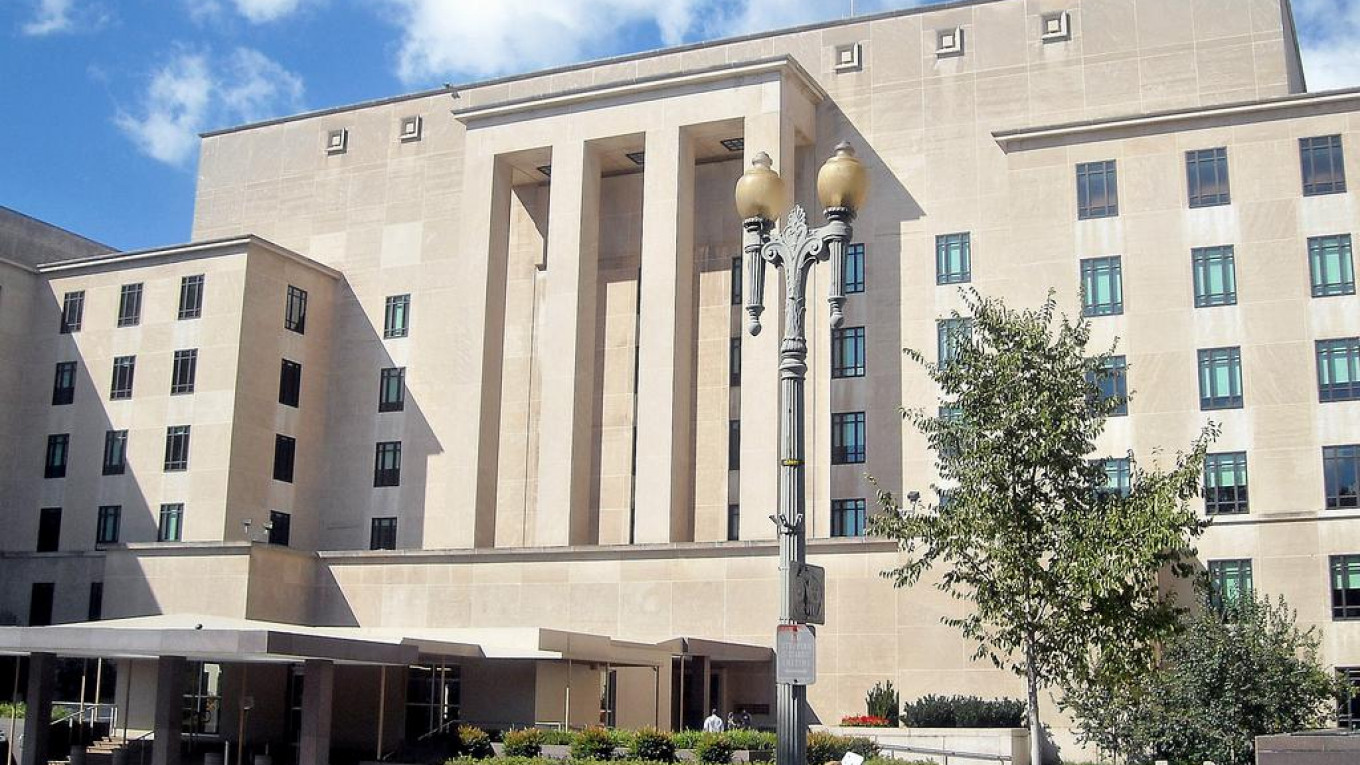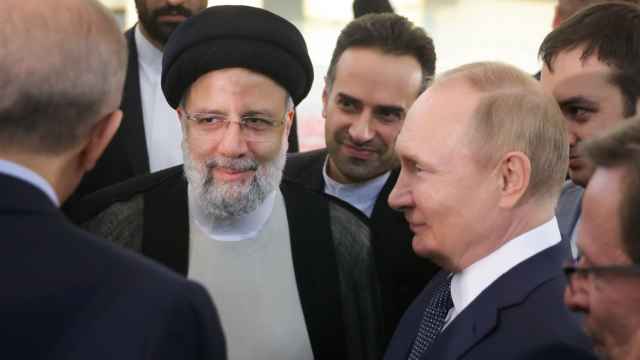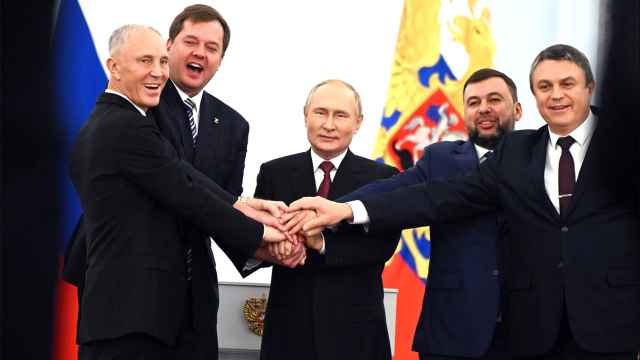A U.S. State Department spokesperson on Thursday said the United States and Russia may need to “settle things down a little” as the countries spat over fresh U.S sanctions imposed over Russia this week.
In a Facebook post on August 2, Russian Prime Minister Dmitry Medvedev said new sanctions signed by U.S. President Donald Trump on Wednesday “end hopes for improving [Russia’s] relations with the new U.S. administration,” adding they are "a declaration of a full-fledged economic war on Russia.”
In a press briefing with reporters Aug. 3, Heather Nauert downplayed Medvedev’s statement saying: “we have seen a lot of leaders, a lot countries say provocative things, and we may just need to settle things down a little bit.”
Pressed on whether the new U.S. sanctions represented a declaration of economic war, Nauert said “Russia is certainly entitled to say that.”
The State Department spokesperson also said Moscow and Washington should be able to work together in areas of mutual cooperation, but admitted the relationship was “at a low point.”
However, Nauert cited a newly brokered cease-fire in Syria as evidence the countries were able to work together. “If you look at the ceasefire in southwest Syria, that has now taken hold and, for the most part, succeeded for nearly a month now.”
Nauert later said that the United States would continue to hold Russia accountable for its “bad acts,” including in Ukraine, saying the U.S. was “passionate” about maintaining or getting back Ukraine’s “integrity and territorial sovereignty.”
U.S. President Donald Trump signed sanctions against Russia into law on Wednesday, in reaction to its alleged hacking of institutions related to the U.S. presidential election and its involvement in Ukraine.
A Message from The Moscow Times:
Dear readers,
We are facing unprecedented challenges. Russia's Prosecutor General's Office has designated The Moscow Times as an "undesirable" organization, criminalizing our work and putting our staff at risk of prosecution. This follows our earlier unjust labeling as a "foreign agent."
These actions are direct attempts to silence independent journalism in Russia. The authorities claim our work "discredits the decisions of the Russian leadership." We see things differently: we strive to provide accurate, unbiased reporting on Russia.
We, the journalists of The Moscow Times, refuse to be silenced. But to continue our work, we need your help.
Your support, no matter how small, makes a world of difference. If you can, please support us monthly starting from just $2. It's quick to set up, and every contribution makes a significant impact.
By supporting The Moscow Times, you're defending open, independent journalism in the face of repression. Thank you for standing with us.
Remind me later.






